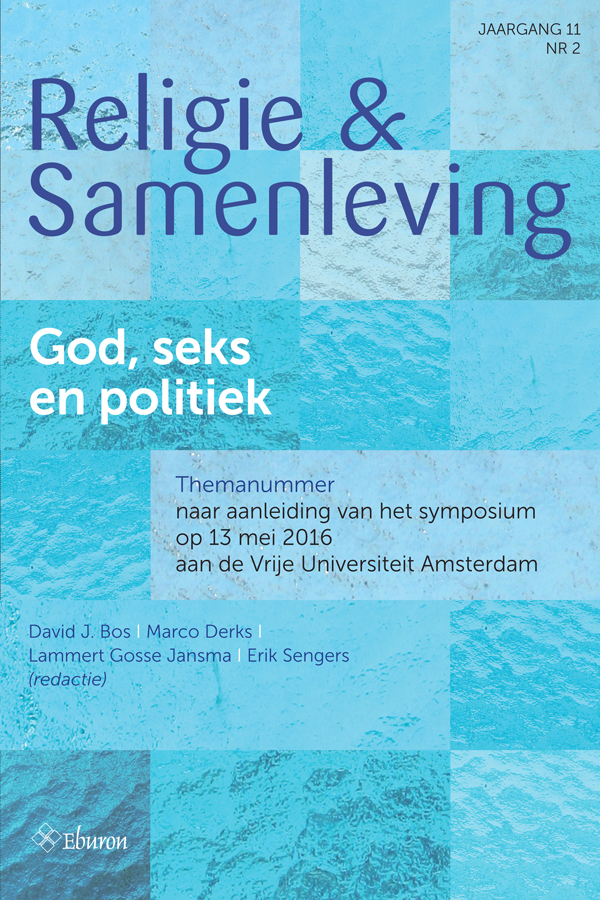Seksualiteit in de islam tussen dogma en dagelijkse praktijk
Aspecten van islamitische seksuele moraal
DOI:
https://doi.org/10.54195/RS.12211Samenvatting
In the Islamic tradition, sexuality is deemed dangerous, because of its socially disruptive potential. On the other hand, however, sexual desires and pleasures are acknowledged, even apart from procreation. A key concept is ‘chastity’, which should not be equated with the requirement that women remain virgins until marriage. This article gives an overview of Islamic sexual morality, discussing not only the teachings of the Qur’an and of Muslim scholars but also present-day reflections, as part of ‘lived religion’. It focuses on controversial themes such as polygamy (or polygyny), female slaves, and homosexuality, and shows how present-day Muslims negotiate Islamic sexual morality, navigating ‘between dogma and everyday practice’.




